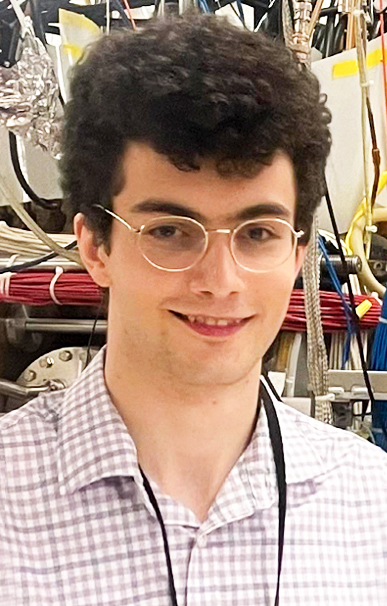Stephane Morel ’25


Electrical and Computer Engineering
Allowing Radio Frequency Passthrough in the Princeton Field Reversed Configuration Neutron Shields
I investigated the possibility of creating radio frequency penetrant neutron shields for use in fusion research in future iterations of the Princeton Field Reversed Configuration fusion reactor (PFRC). This reactor would burn deuterium-helion (D-He3) fuel, turning them into easily stopped beta particles and protons, in contrast to the more commonly proposed deuterium-tritium reaction, which produces many high-energy neutrons that quickly degrade all known structural materials. A field reversed configuration produces fewer neutrons, but these must still be stopped to avoid degrading the superconducting coils. Most neutron shielding materials become electrically conductive at high temperatures and would therefore block one of the main heating methods of the PFRC. To overcome these issues, I helped design and conduct an experiment to test whether the radio frequency could penetrate a shield made of stainless steel spheres, which were being used as a proxy for high-temperature boron. I also conducted simulations in the programs openMC and Ansys Electrical Workbench to optimize the shape and size of slits in the shield, which would provide a much simpler design. Through this internship, I learned numerous simulation techniques, gained hands-on experience with radio frequency tools and acquired a more intimate understanding of fusion research.
2023
Innovation and a New Energy Future
Princeton Plasma Physics Laboratory - Princeton, New Jersey
Samuel Cohen, Director, Program in Plasma Science and Technology, Princeton Plasma Physics Laboratory



